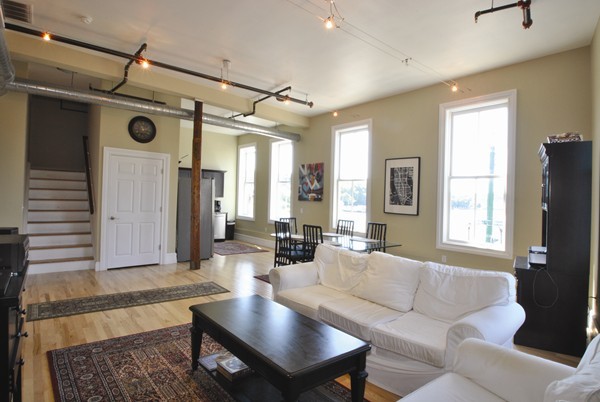Understanding the Types of Eating Disorders
According to the NLM, “women are more likely than men to have eating disorders.” Because of the pressures caused by the media, society, and even by themselves to look a certain way, women develop eating disorders that can be very detrimental to their health.
What are Eating Disorders?
The NLM states that “eating disorders are serious behavioral problems.” Under or overconsumption of food coupled with the “extreme concern about… shape or weight” are the main symptoms of an eating disorder. Because women become unhealthily concerned with their weight and looks usually as a precursor to eating disorders, they often occur along with “depression, anxiety disorders, and substance abuse.”
The NIMH explains that many women with eating disorders “may have started out just eating smaller or larger amounts of food, but at some point, the urge to eat less or more spiraled out of control.” An eating disorder is similar to the often concurrent disorders listed above as it becomes so ingrained in a woman’s actions that she no longer can control it, tries to ignore it or downplay its severity, and often cannot stop on her own even if she tries. These are the three most common types of eating disorders:
Anorexia Nervosa
The NIMH describes anorexia nervosa as “a relentless pursuit of thinness.” Here are some of the symptoms of anorexia nervosa:
- “Extreme thinness”
- Seeing oneself as overweight when actually being underweight
- Fear of weight gain
- Denial of the condition and state of one’s own body
- Restricted eating and control over eating habits
- Overexercising
- Self-esteem that is wrapped up in the concepts of body weight and shape
- “Lack of menstruation”
- “Dry and yellowish skin”
- Thinning of bones
- Nails and hair becoming brittle
Anorexia nervosa can lead to brain damage, infertility, damage to the heart, and “multiorgan failure.” The longer a person goes untreated for anorexia nervosa, the worse and more dangerous the condition will become.
Bulimia Nervosa

It is common for the eating disorders to develop in adolescence.
A woman with bulimia nervosa has binge eating periods that she often feels she cannot control. Afterwards, she uses laxatives or forced vomiting to purge the food she has eaten. The symptoms of bulimia nervosa are:
- Binge eating episodes followed by purging
- Chronic sore throat from vomiting
- Swollen salivary glands
- Unhealthy teeth and worn enamel
- Gastrointestinal problems including acid reflux
- Dehydration
- Feelings of shame and disgust toward oneself
- Strong desire to lose weight and unhappiness with one’s own weight
Women with bulimia “can fall within the normal range for their age and weight,” but still require treatment as the physical and psychological effects of the disorder are dangerous (OWH).
Binge-Eating Disorder
Binge-eating disorder causes women to lose control over how much they are eating and to continue to do so even when they are full or the effects take a toll on their bodies. The symptoms of binge-eating disorder include:
- Eating when not hungry, eating until uncomfortably full, and feeling guilty as a result of overeating
- Health problems like:
- Type 2 diabetes
- Heart disease
- High blood pressure
- High cholesterol
- Obesity
- Depression
Binge-eating can also be treated like the other eating disorders. The sooner treatment begins, the easier it will be for a person to heal and recover from both the physical and psychological effects caused by eating disorders.
Turning Point New Haven CT
This triple-tiered rehab located in New Haven, Connecticut provides a road to recovery and a much-needed hand-up to young men dealing not only with addiction, but with a lack of real-life skills that prevent them from living full, substance-free lives in the real world. While many guys their age are studying their way through New Haven’s hallowed, ivy-league institutions, their counterparts at Turning Point are working as if their lives depend on it.
Details ›Sierra Tucson
This center in scenic upstate New York may seem like a vacation for hard-working nine-to-fivers, but between horseback riding, volleyball games, and trips to the beach, Saint Jude Retreats offers a tough but compassionate and supportive program that expects a commitment to personal accountability.
Details ›







